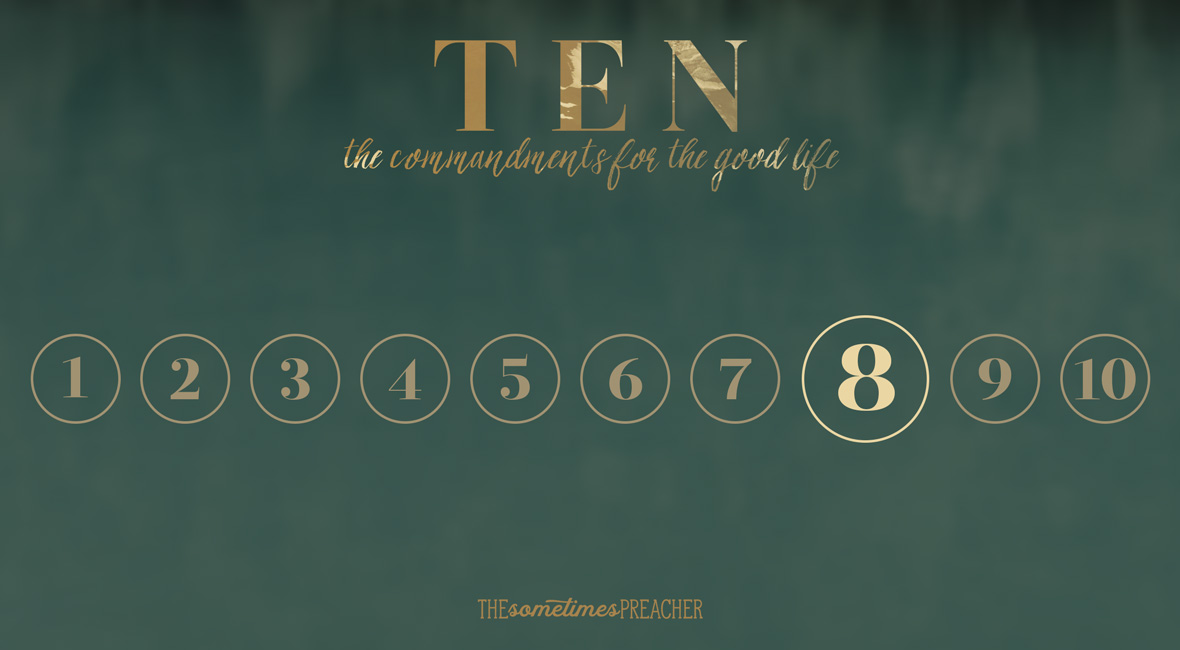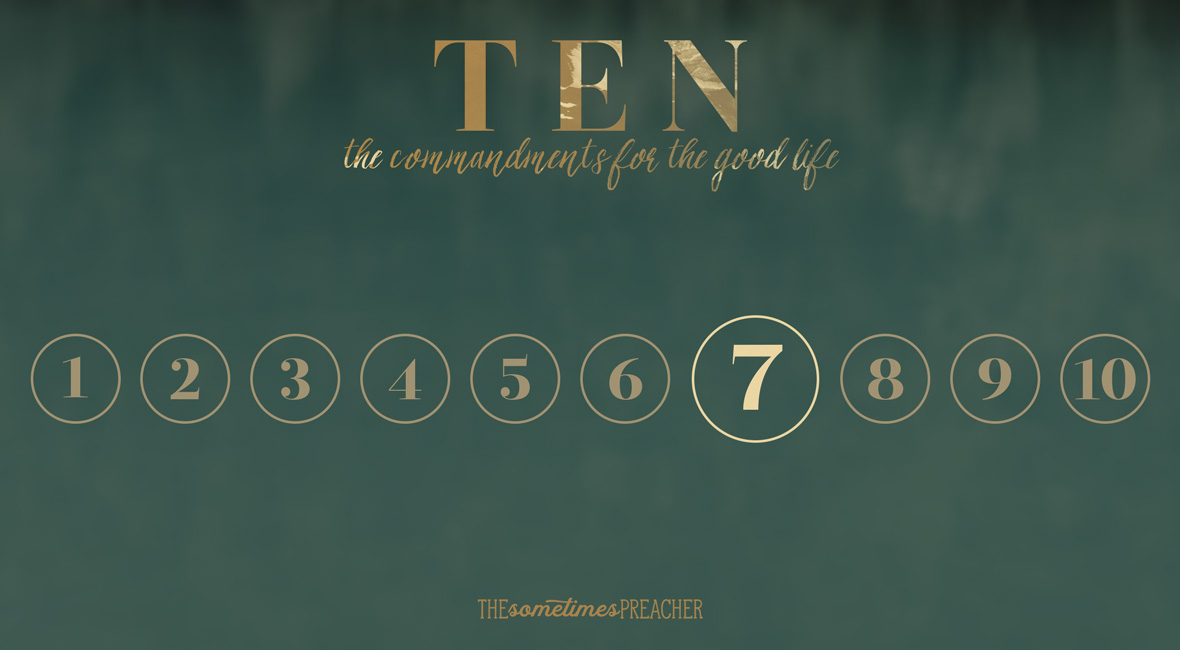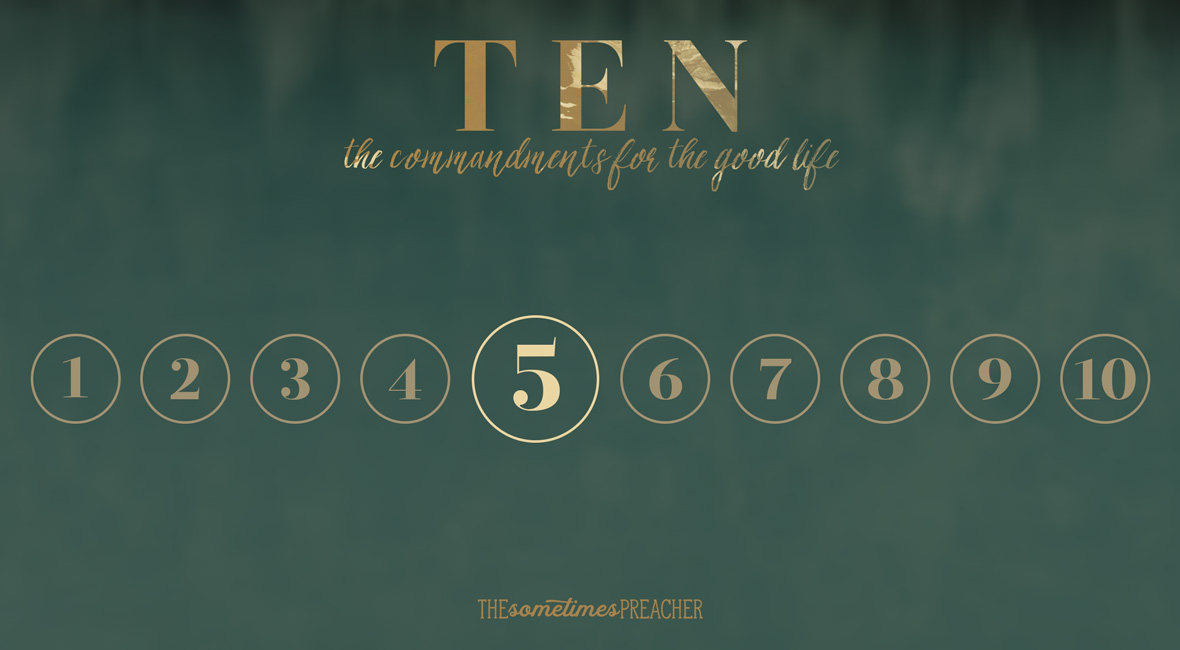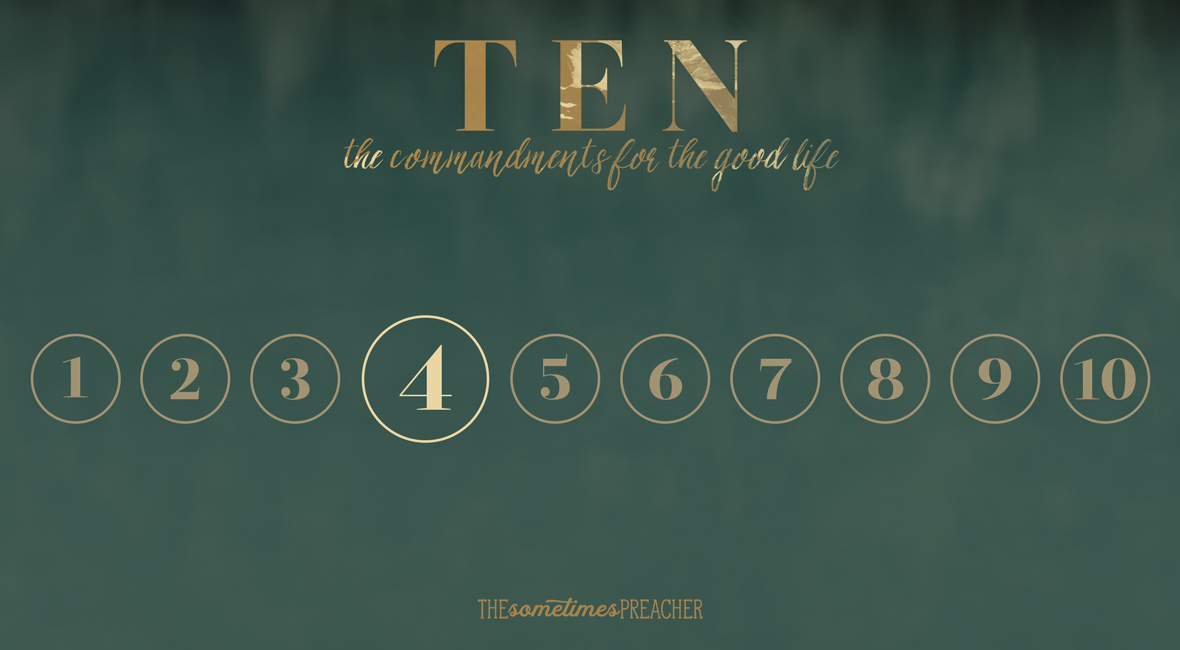“You shall not steal.”
Once again, we come to a simple command: Don’t steal. Don’t take what doesn’t belong to you. You do not have a right to other people’s property. When the commandment to not steal was issued, the average person’s livelihood depended upon their animals, land, and equipment. In those days most of what a person owned was used to keep their family clothed and fed – in other words, to stay alive. The theft of a pot, scythe, or a blanket could have dire consequences. The prohibition against theft not only maintains a well-ordered society, but also protects the lives of the poor, who rarely had the resources to simply replace a stolen item.
The concept of private property comes under fire from time to time. We live in such a time, as our elites are touting The Great Reset, assuring us, “You will own nothing, and you will be happy.” This belief dates back to Jean-Jacques Rousseau, who wrote that private property is the root of all evil. Karl Marx, his ideological heir, famously took this idea to its logical conclusion, birthing communism to disastrous effect. It is astounding that this idea is still en vogue after its implementation has slaughtered so many millions, but real-world outcomes have never deterred our academics from embracing radical ideas, so long as they themselves never have to face the consequences.
Do not give to those who take but do give to those in need.
God neither honors nor condemns the idea of private property; he simply assumes it. We cannot yet say if private property will be a part of God’s new creation, but it is a part of this one. It seems to me that, in a fallen world, we need to own certain things that we have an exclusive claim to – food, shelter, and clothing to be specific. This commandment protects these things, while other commands tell us to be generous, especially with those in need. God’s answer to the problem raised by Rousseau and Marx (if they even have a point to begin with, which, given the projection and hypocrisy of those scoundrels, I doubt) is twofold: prohibit theft and demand generosity. Do not give to those who take but do give to those in need. What is yours is yours, but all that we own is to be held with open hands.




